If you’ve found yourself searching for “bear in different Native American languages,” you’re likely curious about the deep spiritual, linguistic, or cultural significance this powerful animal holds across Indigenous tribes.
Whether you’re a language learner, a cultural enthusiast, a writer, or simply fascinated by Native American traditions, this article is exactly what you need.
Here, your search ends.
This blog will not only provide translations of the word bear in various Native American languages but also explain what those words mean, how they’re used, and why they matter in a cultural and historical context.
Let’s explore the world of Native American language and tradition—through the eyes of one of its most respected animal spirits: the Bear.
Why Is the Word “Bear” So Important in Native Cultures?
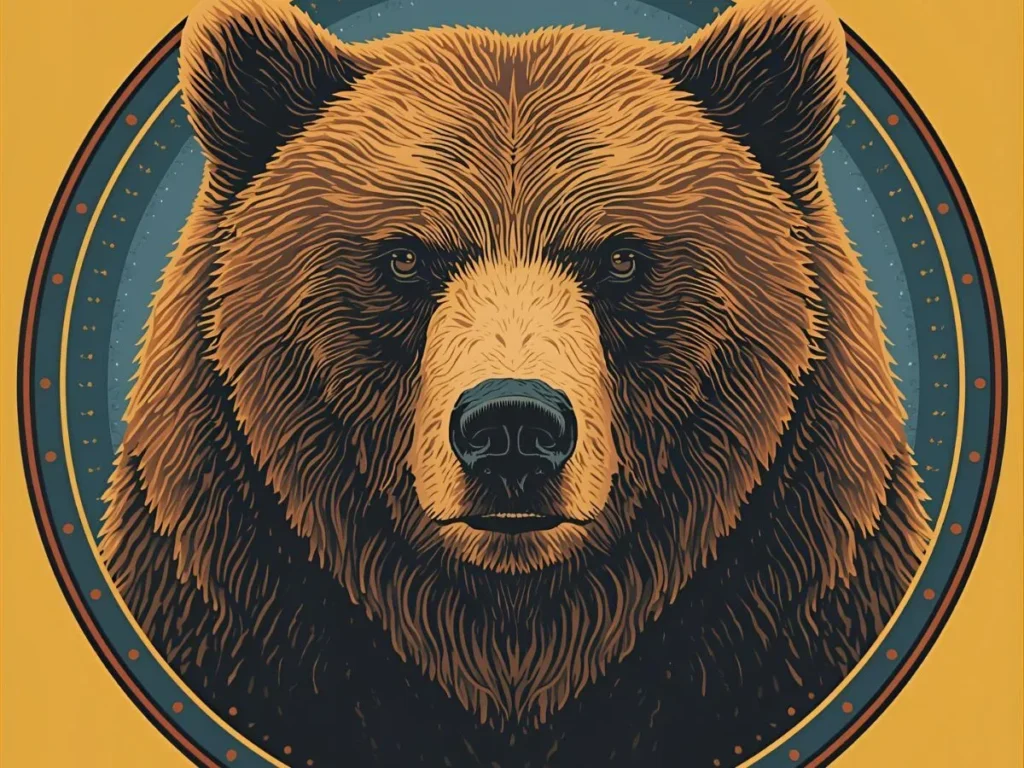
In many Native American cultures, the bear is not just an animal—it is a spirit guide, protector, and symbol of courage and healing.
Bears are commonly featured in tribal myths, clan names, and ceremonial practices. So, knowing the word for “bear” in different tribal languages helps preserve these rich oral traditions and strengthens connections to heritage.
Bear in Different Native American Languages
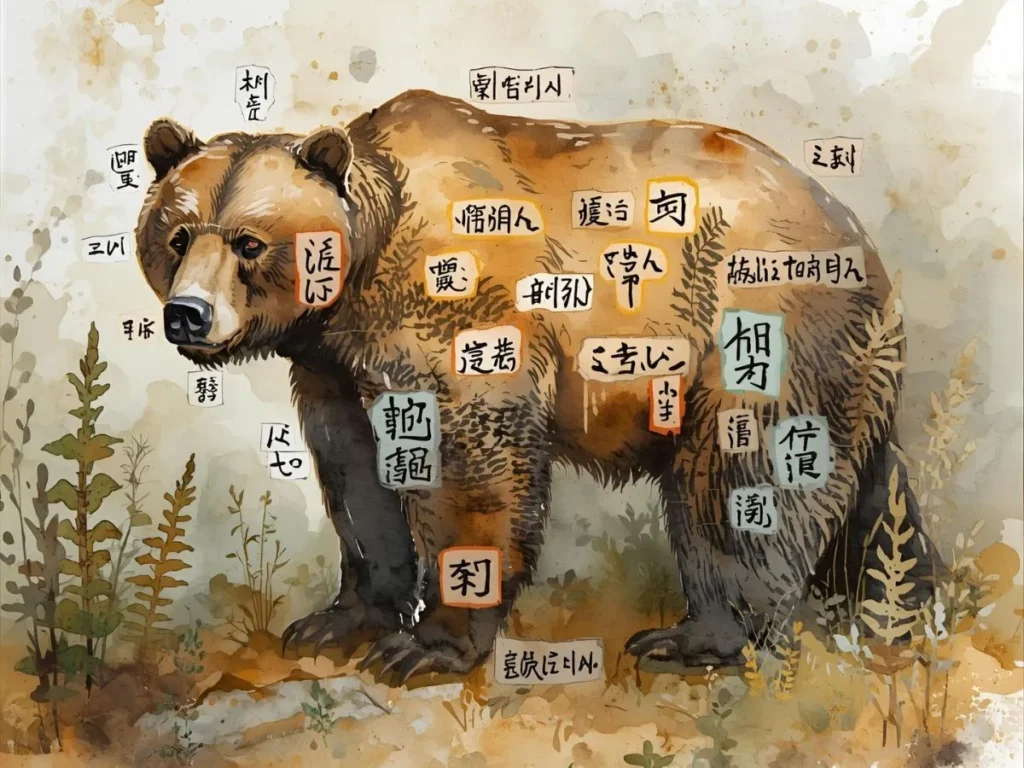
Here’s a list of translations of the word “bear” in various Native American languages, along with pronunciation guides and usage notes.
| Tribe / Language | Word for “Bear” | Pronunciation | Notes / Meaning |
| Cherokee | ᎩᎦ (Gvgeyu) | guh-GAY-yoo | Sometimes written as “Yona” (ᏲᎾ) — refers to bear as a spirit animal. |
| Navajo (Diné) | Shash | shahsh | Used in animal stories and spiritual contexts. |
| Lakota (Sioux) | Mato | MAH-toh | Common in names like “Mató Tipila” (Bear Lodge – Devil’s Tower). |
| Ojibwe (Chippewa) | Makwa | MAHK-wah | Bears are sacred clan animals. |
| Apache | Mashchíí | mash-CHEE | Bears are symbols of power and guardianship. |
| Hopi | Honaw | HOH-nahw | Used in bear kachina (spirit) ceremonies. |
| Zuni | K’yak’yali | kee-yah-kee-YAH-lee | Associated with the Bear Clan and healing traditions. |
| Blackfoot | Kiááyo | kee-YAH-yoh | Bears represent protection and strength. |
| Mohawk | Ohkwari | oh-KWAH-ree | The bear is a clan symbol and appears in many oral histories. |
| Cree | Maskwa | MASS-kwah | Appears in legends and totems. |
How to Use These Words

These words can be used in various ways depending on your goal. Here are a few suggestions:
1. In Conversation
If you’re learning a specific language, use these words to talk about nature, spirit animals, or stories:
- “Makwa nindizhinikaaz.” (Ojibwe) – “I am called Bear.”
- “Shash yiníł’į́.” (Navajo) – “There is a bear.”
2. In Naming and Identity
Many Native people receive spiritual names, some of which include the bear. For example:
- Mato Wapiya (Lakota) – “Healing Bear”
- Makwa Doodem (Ojibwe) – Refers to the Bear Clan
3. In Cultural Practices
Bears appear in songs, dances, ceremonies, and totems. Knowing the native term brings authenticity to storytelling and cultural preservation.
Native american word for bear
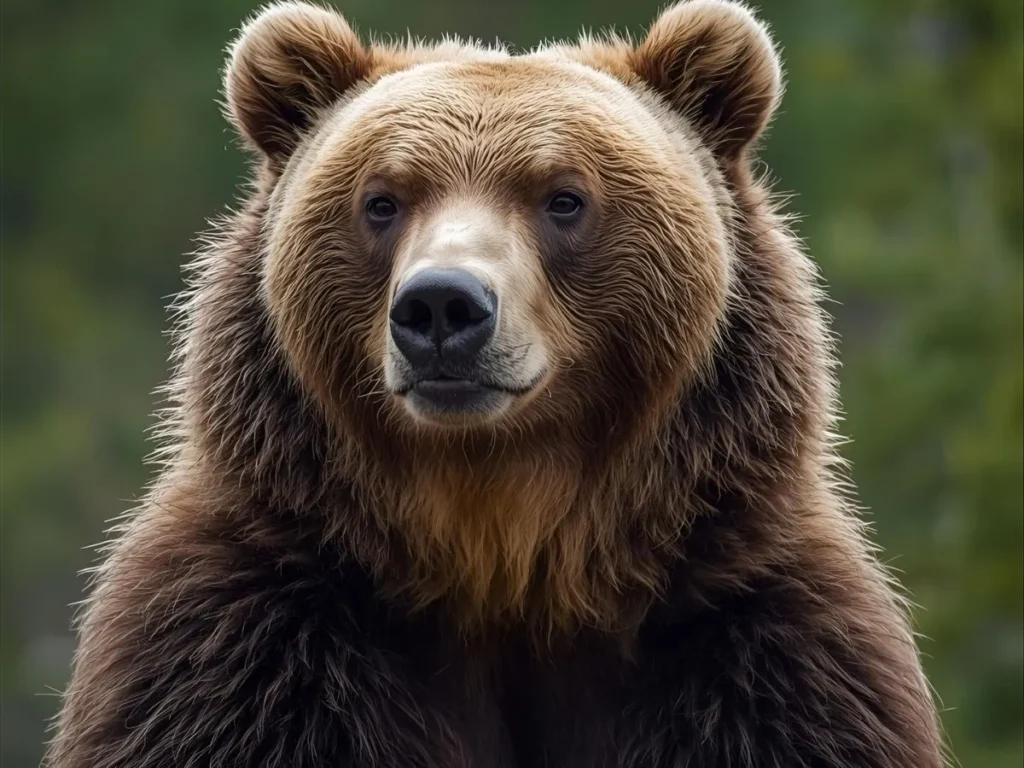
- The Native American word for bear varies across tribes, reflecting their deep respect and spiritual connection to this powerful animal.
- Common translations include “Makwa” (Ojibwe), “Koda” (Sioux), “Yona” (Cherokee), “Mato” (Lakota), and “Hona” (Hopi).
- Bears symbolize strength, courage, protection, and healing in many Native cultures, often appearing in legends and clan names.
- Each tribe’s word for bear carries unique cultural meaning, tied to stories, traditions, and the tribe’s natural environment.
- Understanding these words helps preserve Native languages and heritage, honoring the spiritual importance of the bear in Indigenous life.
Why Learn Native Words for Bear?
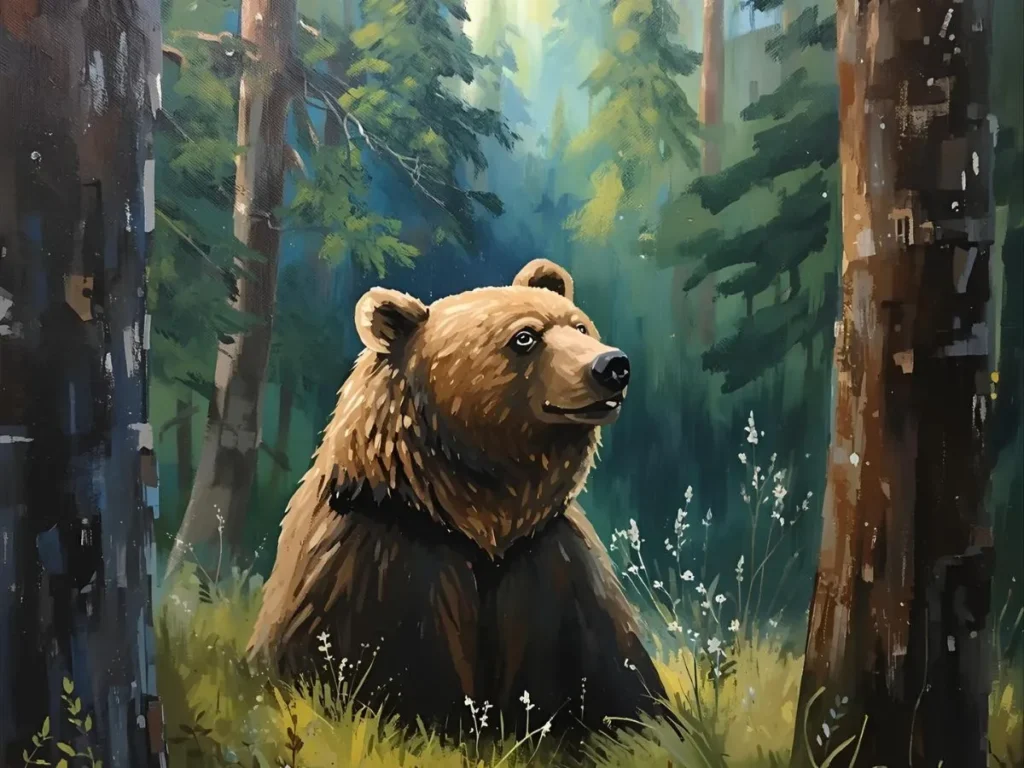
- Cultural Appreciation: Respectfully acknowledging and learning Indigenous languages promotes cultural awareness.
- Spiritual Connection: Bears are powerful totems. Knowing their name in native languages deepens spiritual connections.
- Language Revitalization: Many Native languages are endangered. Learning even one word contributes to keeping them alive.
Can I use these words in my own life if I’m not Native?
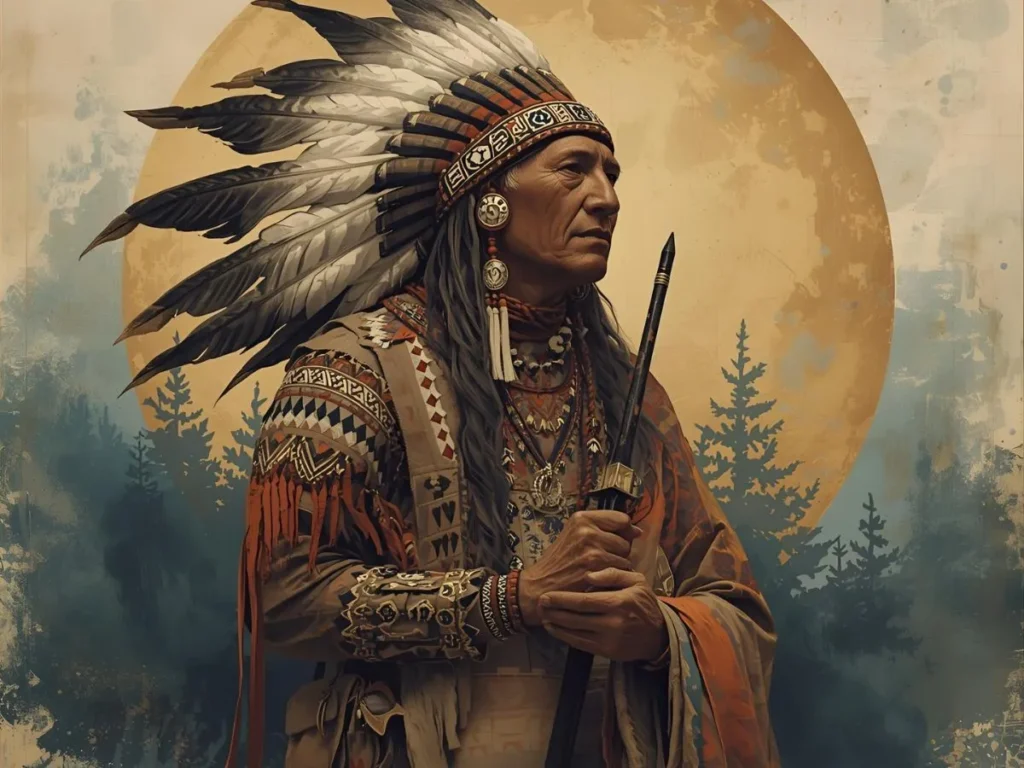
Yes—respectfully and contextually. Avoid using them for branding or as mascots. Instead, use them for learning, honoring, and cultural understanding.
“Yona” is more commonly used in stories and names. “Gvgeyu” is a formal term for the animal itself.
Conclusion
Language is a powerful doorway into culture, and learning the word “bear” in different Native American languages helps you appreciate the spiritual depth, tribal diversity, and enduring strength of Indigenous traditions. Whether you’re honoring your ancestry, writing a novel, or simply expanding your knowledge, this small word carries a big meaning across Native America.



